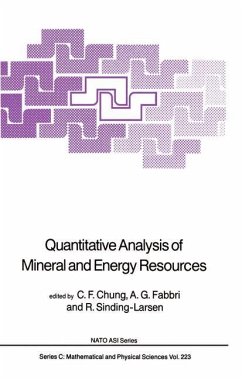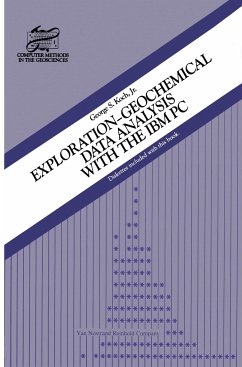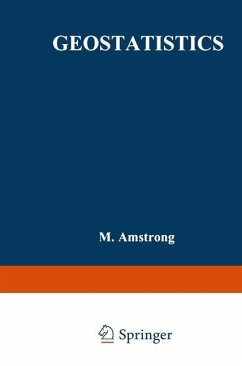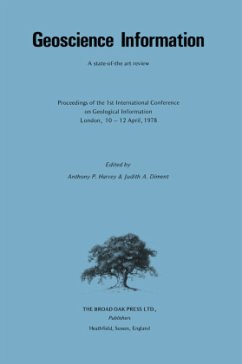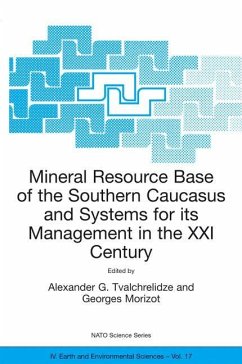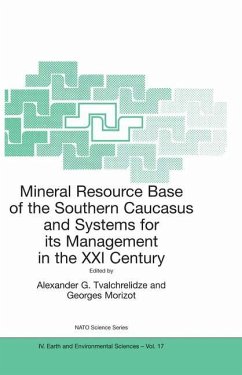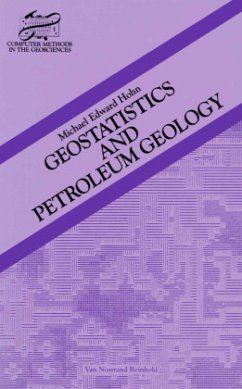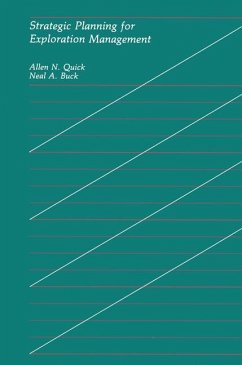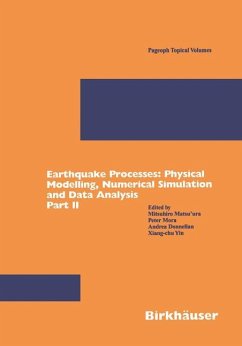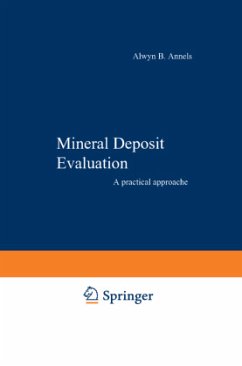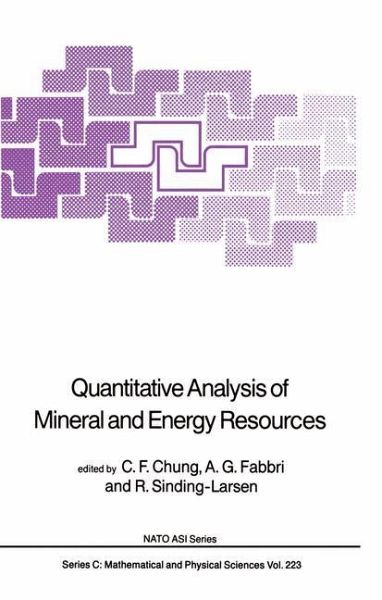
Quantitative Analysis of Mineral and Energy Resources

PAYBACK Punkte
116 °P sammeln!
This volume contains the edited papers prepared by lecturers and participants of the NATO Advanced Study Institute on "Statistical Treatments for Estimation of Mineral and Energy Resources" held at II Ciocco (Lucca), Italy, June 22 - July 4, 1986. During the past twenty years, tremendous efforts have been made to acquire quantitative geoscience information from ore deposits, geochemical, geophys ical and remotely-sensed measurements. In October 1981, a two-day symposium on "Quantitative Resource Evaluation" and a three-day workshop on "Interactive Systems for Multivariate Analysis and Image Pr...
This volume contains the edited papers prepared by lecturers and participants of the NATO Advanced Study Institute on "Statistical Treatments for Estimation of Mineral and Energy Resources" held at II Ciocco (Lucca), Italy, June 22 - July 4, 1986. During the past twenty years, tremendous efforts have been made to acquire quantitative geoscience information from ore deposits, geochemical, geophys ical and remotely-sensed measurements. In October 1981, a two-day symposium on "Quantitative Resource Evaluation" and a three-day workshop on "Interactive Systems for Multivariate Analysis and Image Processing for Resource Evaluation" were held in Ottawa, jointly sponsored by the Geological Survey of Canada, the International Association for Mathematical Geology, and the International Geological Correlation Programme. Thirty scientists from different countries in Europe and North America were invited to form a forum for the discussion of quantitative methods for mineral and energy resource assessment. Since then, not only a multitude of research projects directed toward quantitative analysis in the Earth Sciences, but also recent advances in hardware and software technology, such as high-resolution graphics, data-base management systems and statistical packages on mini and micro-computers, made it possible to study large geoscience data sets. In addition, methods of image analysis have been utilized to capture data in digital form and to supply a variety of tools for charaterizing natural phenomena.





